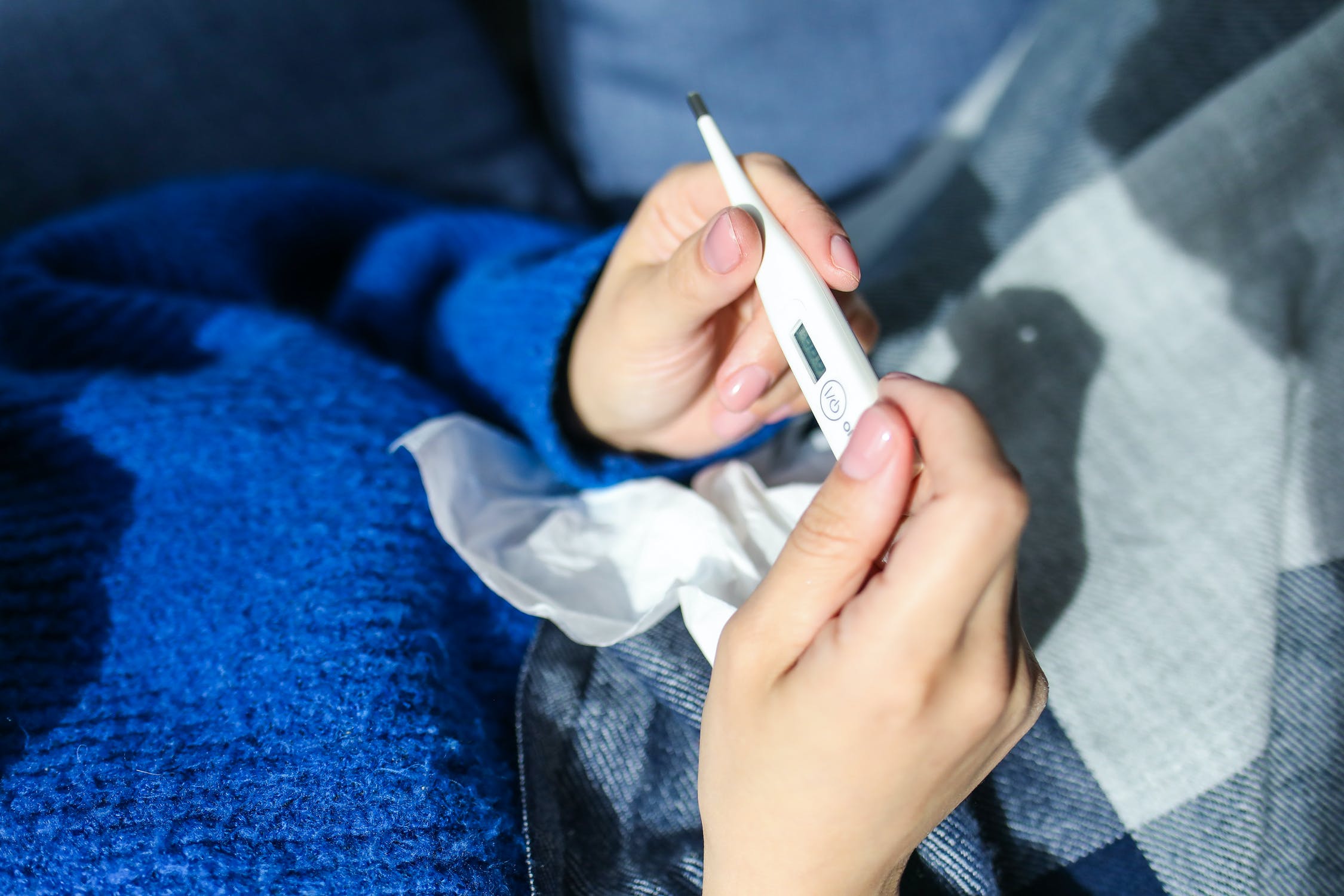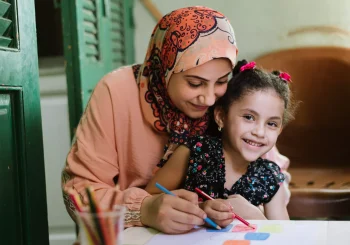Suddenly hyperaware of our bodies and any feelings of sickness, whether it be a slight rise in temperature or a slight discomfort of the throat, the majority of the world’s population finally understands what it means to be a hypochondriac – even if not directly aware of the fact.
Ever since the COVID-19 (coronavirus) outbreak, getting sick is no longer a matter-of-fact normal thing that just comes and goes and gets brushed off – getting sick is immediate cause for alarm. Due to the nature of the novel coronavirus, and the fact that so much is still unknown, its symptoms (some of which are familiar to those of the common cold) are both varied and may differ from one person to another.
What we are told is that we need to look out for symptoms such as a rise in temperature, a sore throat, coughing, body aches, loss of smell and discomfort in the chest or trouble breathing. These symptoms, however may vary in intensity and may not all be present – and of course, there are those who are asymptotic altogether.
With all this in mind, people have now suddenly started becoming too aware of every single feeling of discomfort or sickness that occurs in their bodies, terrified of the prospect of having contracted COVID-19.
What was once just a mere cough that no one would think twice about, has all of a sudden turned into anxiety-inducing thoughts of coronavirus; what was once a mere “oh no, don’t hug me because I’m a little sick” at a casual hangout with friends, has now become “I am self isolating in my bedroom for two weeks just in case, because I’m a little sick.”
To Stay Home, or To Stay Sane?
Hypochondriacs, those who constantly live in fear of having a serious or undiagnosed health issue, have extremely high levels of anxiety the majority of the time. They are always anxious of the idea that something is wrong with them, and that they need to get treated right away.
This is the general feeling of the general population these days, anxious of having something wrong with them, anxious of it being coronavirus. Because of the fact that this is one of the major things we are told to do, as well is it being the one of the only things within our control, most of us end up staying home in attempts to prevent catching COVID-19. But even staying home has its anxiety-inducing downfalls.
While staying home more often than usual may not seem like that big of a deal, the more time passes and the more cases keep increasing in Egypt, the more both anxiety of getting sick as well as anxiety of staying in too much start kicking in at the same time. As human beings, no matter how introverted one may be, we seek and need human connection and interaction, as well as a change of scenery and atmosphere and just simply being outdoors from time to time.
More and more people are starting to find themselves caught in the dilemma of wanting to stay home and stay safe, but wanting to stay sane all at the same time. The fact that the country has also not imposed a stricter curfew, as was the case in March and early April, or lockdown recently (and doesn’t seem like it will anytime soon), is also giving the general population mixed signals in a way.
Cases are rising, yet our curfew will be from 8 p.m to 6 a.m. and most people – even those who have been working from home – will be encouraged to start going back to work, albeit whether on rotation basis or not. People are told both to be weary and take precaution as hospitals and doctors are struggling to treat the rising number of coronavirus cases, but are also encouraged to go about their morning routines as per usual.
Yet even those who choose to go about their daily routines as normally as possible, and may even forget about the virus from time to time, still have ever-looming thoughts of the possibility of contracting COVID-19 because of their daily activity, engraved silently in a dark corner of their minds.
More than a Fear of Sickness, It is a Fear of the Unknown
Although it seems as though COVID-19 has induced fear in getting sick, it is perhaps fear of the unknown that is what is truly at the forefront of this entire period of time. We are not necessarily afraid of getting sick, but we are afraid of getting sick and not knowing what will happen if we do. We are afraid of losing our sanity and our grip for reality as a result of staying in too much and having our thoughts constantly taken over by this unknown virus.
We are afraid of not knowing when we can go back to not worrying about going out in public just to by the week’s groceries, and we are afraid of the responsibility each one of us carries in possibly unknowingly harming a loved one.
Fear in itself can become a sickness if it gets to the point where it is beyond our control. Yes, a little bit of fear may be healthy and may help keep us safe and take the precautions we need – but when it gets to be too much, it is cause for alarm and it may end up being more harmful that the virus itself.
*The opinions and ideas expressed in this article do not reflect the views of Egyptian Streets’ editorial team. To submit an opinion article, please email [email protected].







Comments (0)